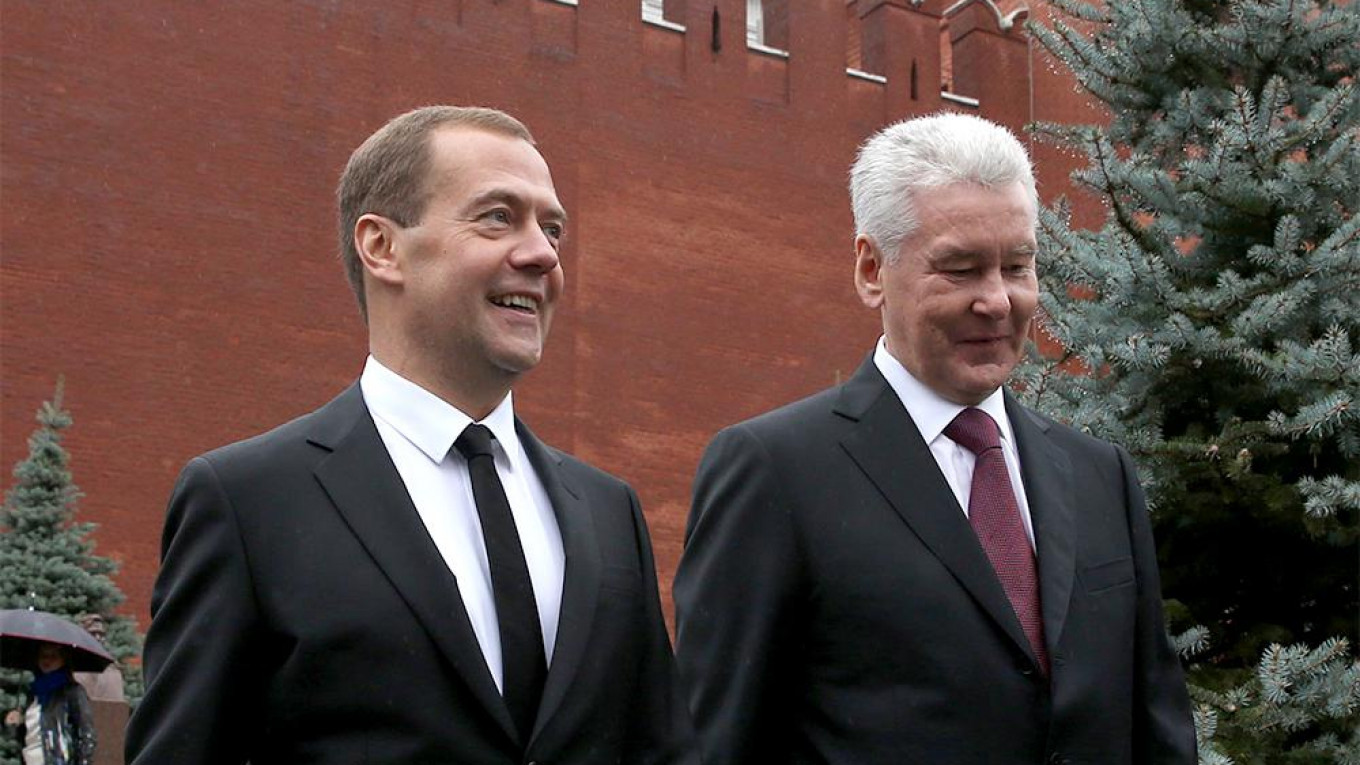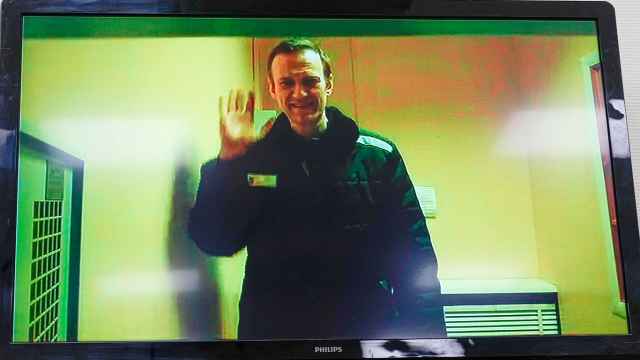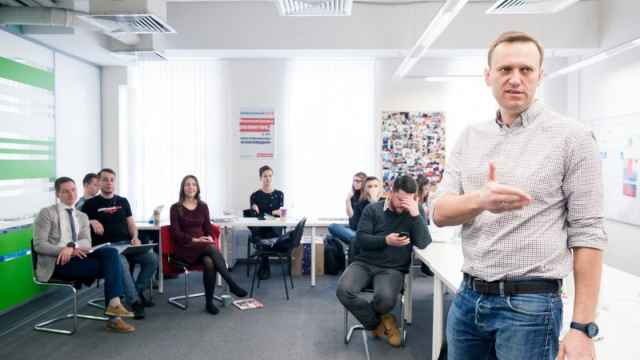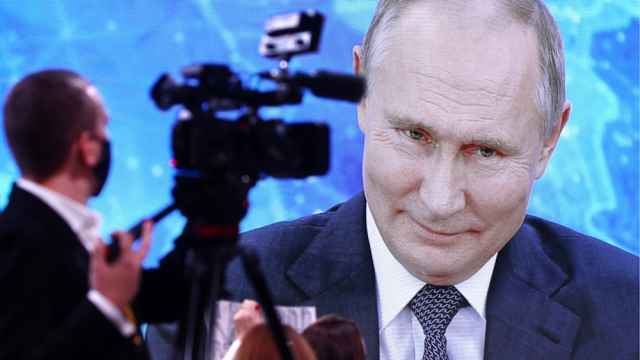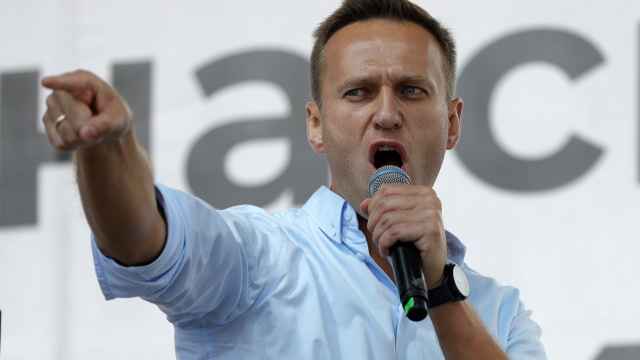Ahead of presidential elections scheduled for March next year, Moscow Mayor Sergei Sobyanin, Chechen leader Ramzan Kadyrov and opposition firebrand Alexei Navalny are among President Vladimir Putin’s potential successors, according to a new ranking produced by a Russian think-tank.
Published by the independent Peterburgskaya Politika NGO on Monday, the list casts current Prime Minister Dmitry Medvedev as the most likely candidate to fill Putin’s shoes, with 21 out of 25 possible points. Medvedev served as president between 2008 and 2012.
Moscow Mayor Sergei Sobyanin came in second place, followed by the much lesser known Alexei Dyumin, the Tula governor who was once Putin’s personal bodyguard.
Other top officials to make the cut included Sergei Kiriyenko, first deputy head of the Presidential Administration, State Duma Speaker Vyacheslav Volodin and Defense Minister Sergei Shoigu. Igor Sechin, the head of oil giant Rosneft, also made the top ten.
The list, which consisted of 20 names, also includes Chechen leader Ramzan Kadyrov, who placed 13th and opposition leader Alexei Navalny who came in 18th place.
The candidates were scored out of five points across five criteria, including their media presence, general activeness, whether political and academic elites perceived them as successors, their conflicts and weakness.
The NGO explained the latter category saying that control over “clans or resources” could make a candidate more powerful, but would “create an imbalance in the relationship with other political actors."
“That’s why the choice of a less independent actor is more likely,” it added, saying any new political appointments would be “a gift to the weakest actor.”
Though he is widely expected to run in presidential elections scheduled for next March, Putin has not yet confirmed his candidacy saying only that he would “think about it.”
In comments to the RBC outlet, the head of the Peterburgskaya Politika NGO, Mikhail Vinogradov, said the names on the list should be considered not as possible presidential candidates for 2018, but rather as those who would be assigned key posts after the election.
A Message from The Moscow Times:
Dear readers,
We are facing unprecedented challenges. Russia's Prosecutor General's Office has designated The Moscow Times as an "undesirable" organization, criminalizing our work and putting our staff at risk of prosecution. This follows our earlier unjust labeling as a "foreign agent."
These actions are direct attempts to silence independent journalism in Russia. The authorities claim our work "discredits the decisions of the Russian leadership." We see things differently: we strive to provide accurate, unbiased reporting on Russia.
We, the journalists of The Moscow Times, refuse to be silenced. But to continue our work, we need your help.
Your support, no matter how small, makes a world of difference. If you can, please support us monthly starting from just $2. It's quick to set up, and every contribution makes a significant impact.
By supporting The Moscow Times, you're defending open, independent journalism in the face of repression. Thank you for standing with us.
Remind me later.


